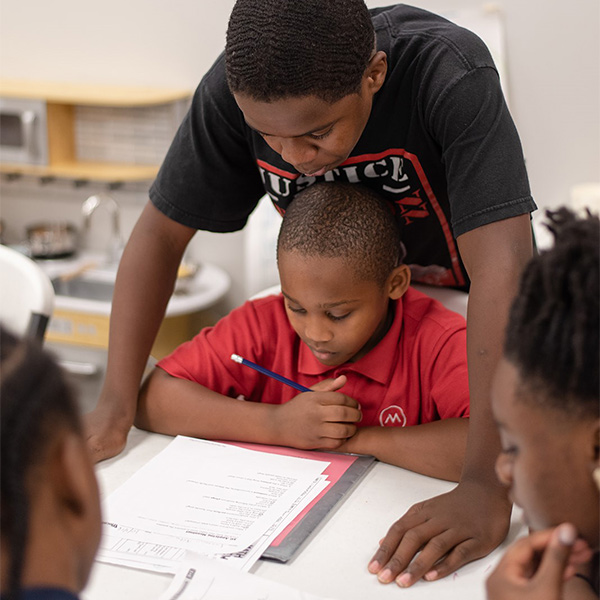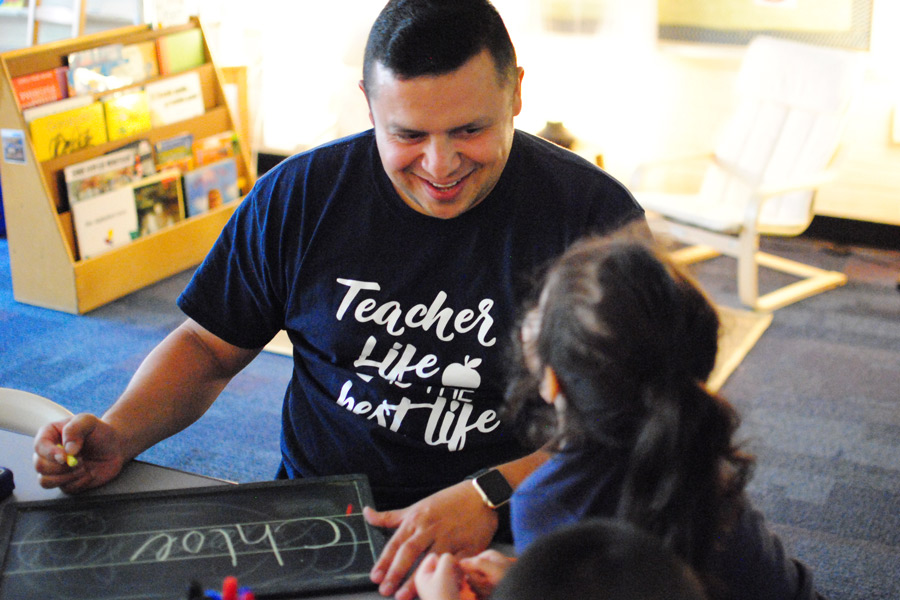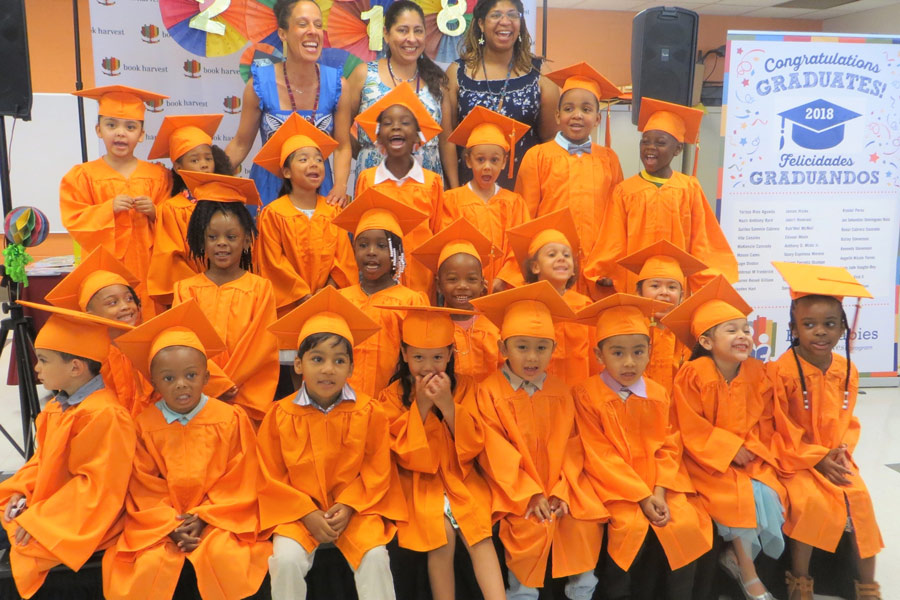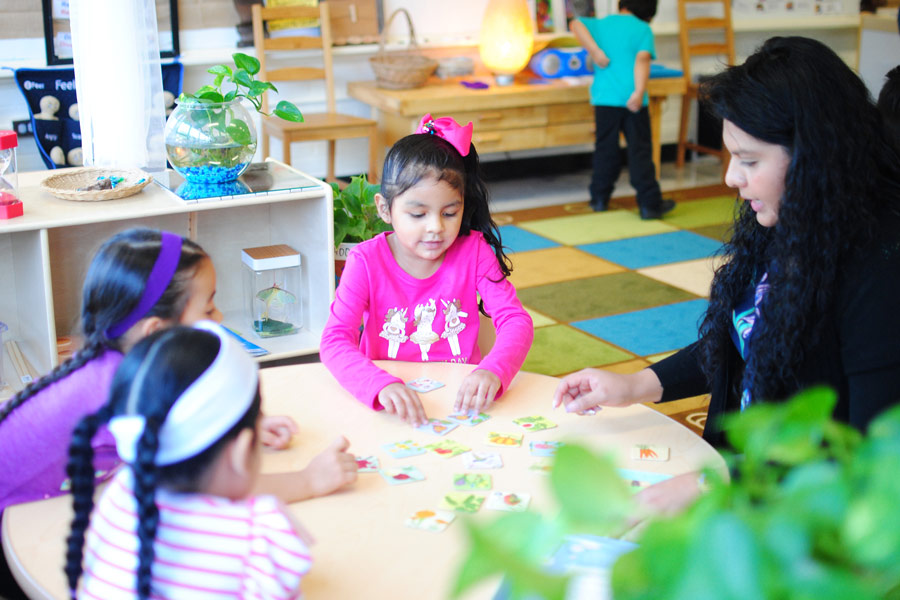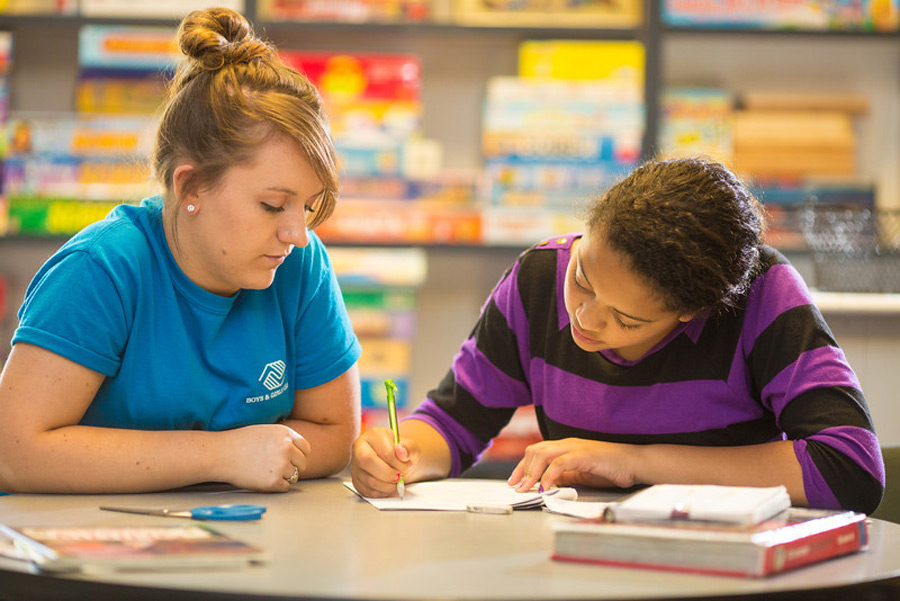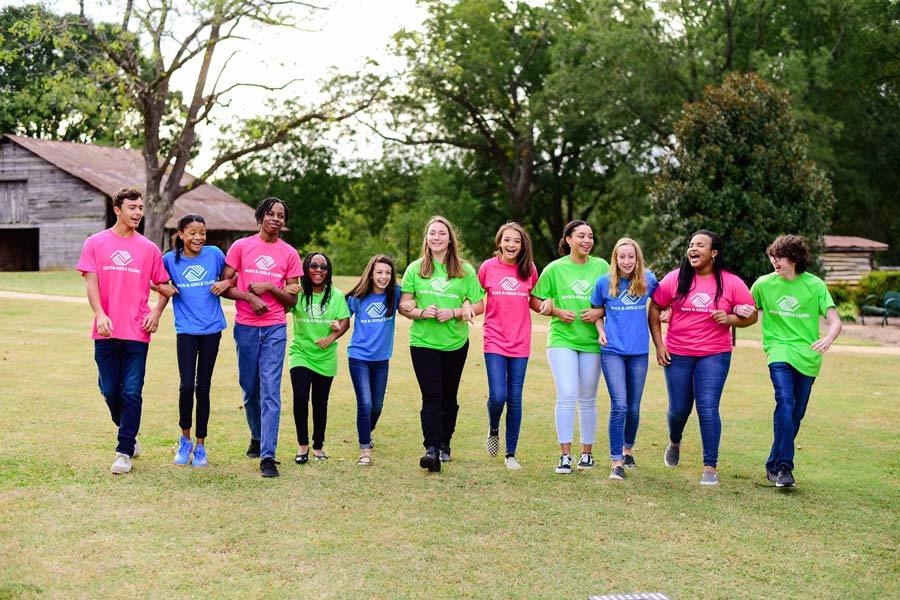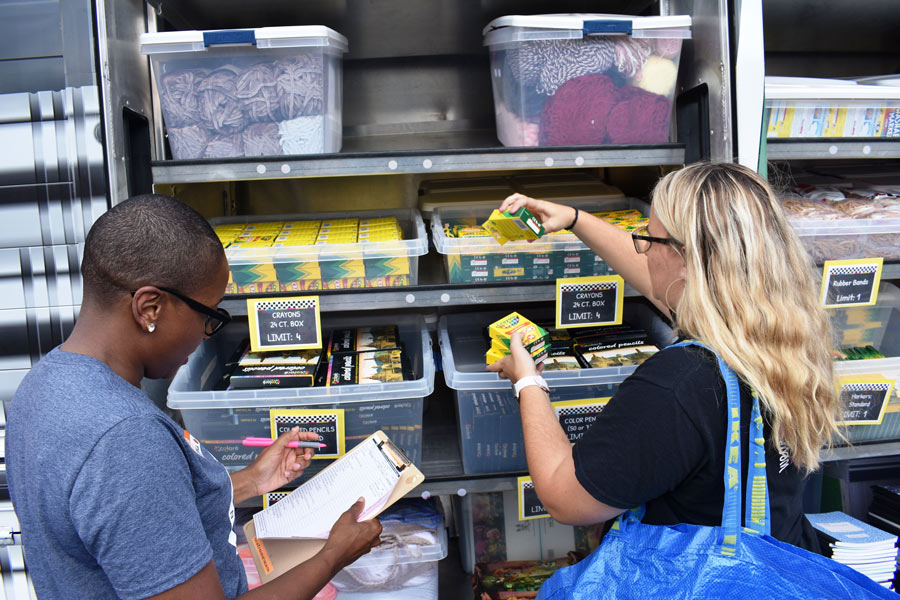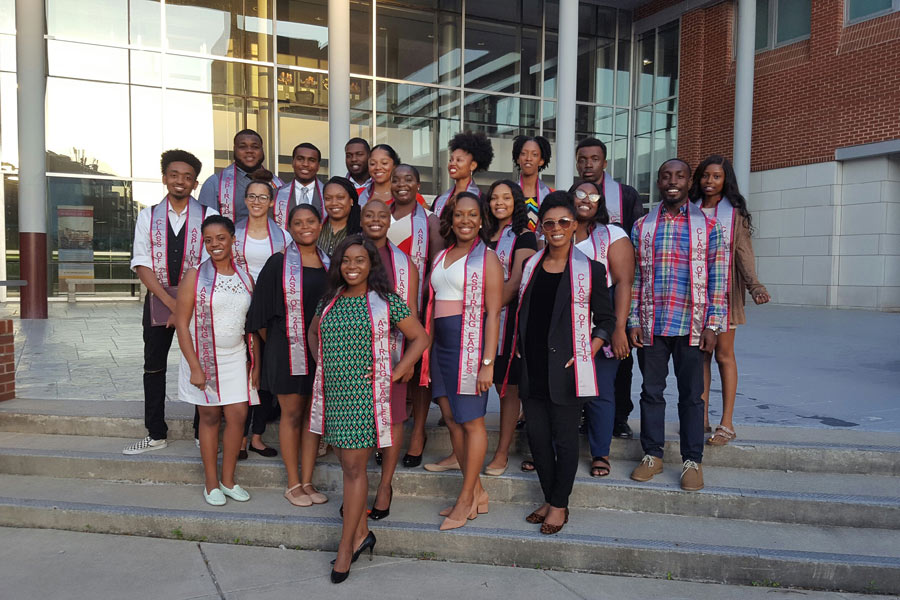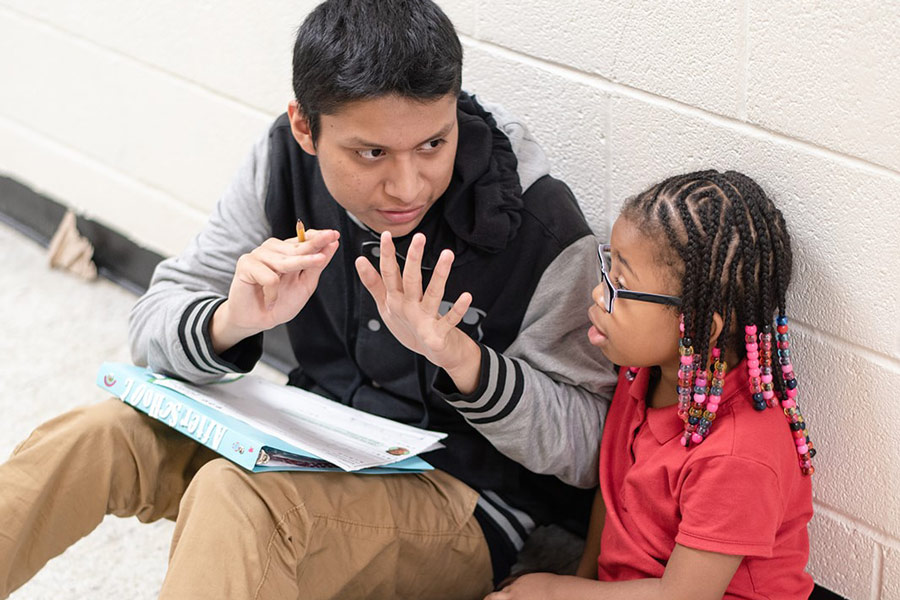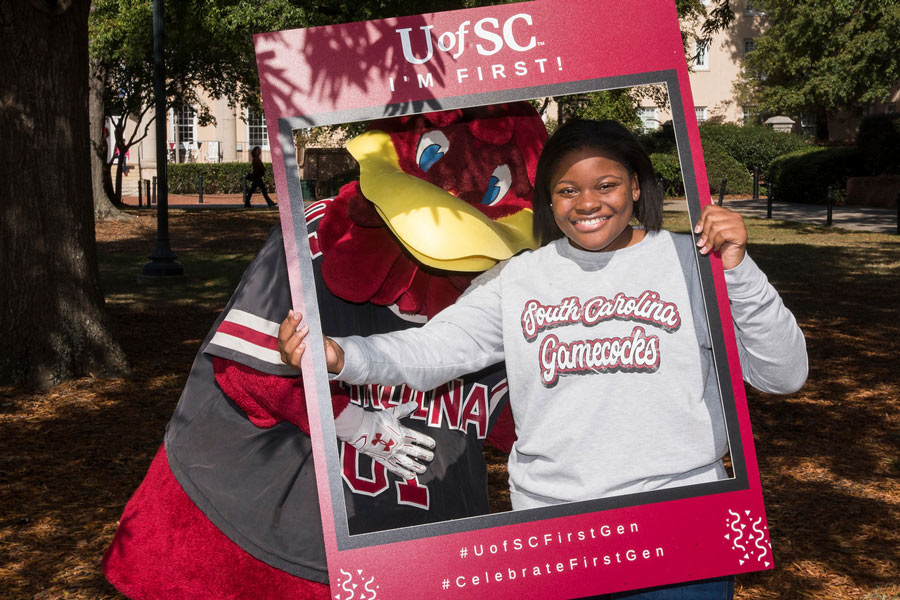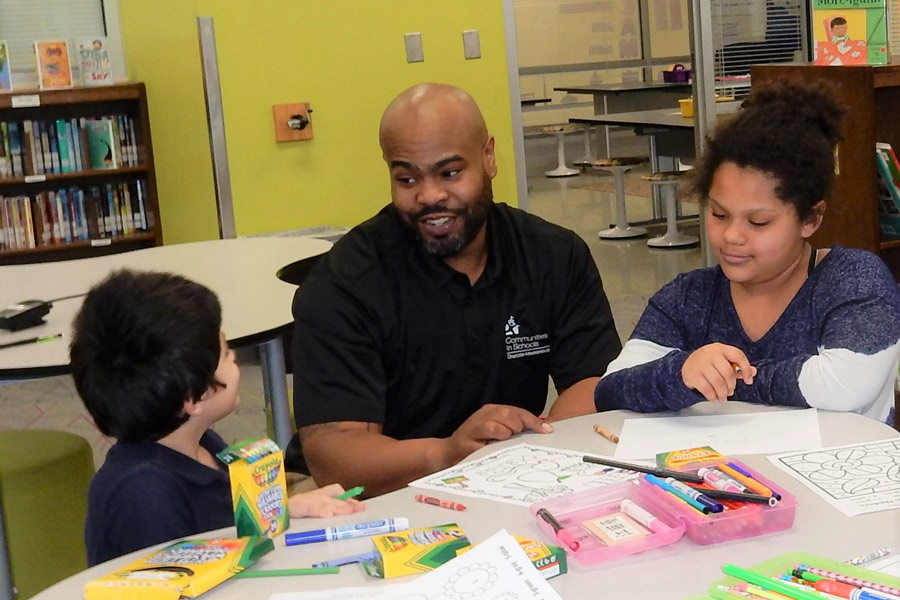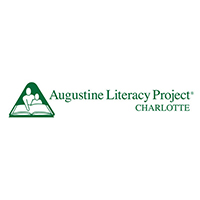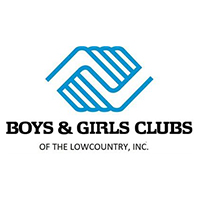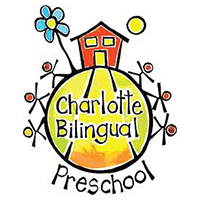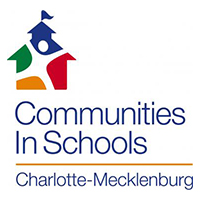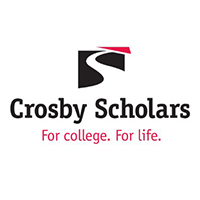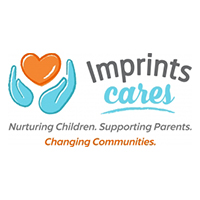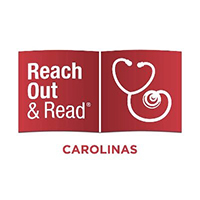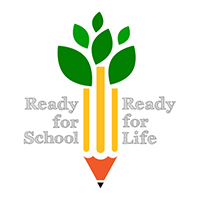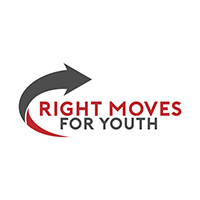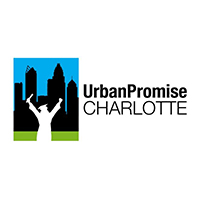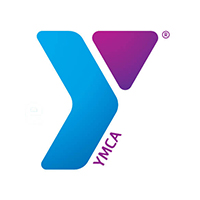Ensuring youth from historically marginalized communities and low-income families are prepared, supported and motivated to learn by providing access to the resources required for academic achievement, post-secondary attainment and life-long success.
Opportunity and education are inextricably linked. By investing in individuals from historically marginalized communities and low-income families across North Carolina and South Carolina from birth until they obtain post-secondary education, the Foundation seeks to end generational poverty. Through education foundation grants, the Foundation partners with organizations utilizing evidence-based interventions to eliminate or mitigate obstacles to academic achievement. Education investment priorities reflect this mission area’s intersection with the Human Services and Healthcare mission areas to promote a holistic, family-centered approach to education as an avenue to self-sufficiency.
Ready for K
Early childhood grants in NC and SC focus on programs that 1) Provide foundational skills for early learning such as reading, 2) Empower and engage parents, and 3) Foster social and emotional development while addressing the impacts of childhood trauma.
Student Stability Supports
Grants in this category are made with the knowledge that students learn best when their basic needs are being met. Nonprofit funding is allocated for food, shelter, healthcare, out of school time programming, and educational tools to ensure students have a safe environment and the chance to experience greater family stability.
Social Capital
Grants in this category fund mentoring and youth development organizations that give young people access to caring adults, peer-to-peer networks, and/or upward mobility. Initiatives also encompass counseling, financial aid guidance, and college selection resources to increase high school graduation rates and post-secondary enrollment.
Post-Secondary Success
Grants in this category help students and their families navigate college life, enroll in summer bridge programs, and work to enhance college retention and graduation rates.
Closing the Achievement Gap
Targeting Mecklenburg County programs and interventions to aid students in closing the achievement gap.
Grants in this category are currently reserved for the Charlotte region, where there is a persistent disparity in the academic performance and educational attainment between different groups of students, especially lower-income students and their more affluent peers.
What We’ve Learned
- Research and science show the greatest amount of brain growth occurs between birth and age five. A child’s preparedness to learn and succeed academically is shaped from the moment they are born.
- Youth need healthy relationships and role models to excel both in and out of the classroom.
- Studies have found that those without a degree (associate’s or higher) are significantly more likely to live below the poverty level. Clearing the path to post-secondary degree attainment is a critical key to unlocking future mobility.
- Educational programs should intersect with a community’s human services and healthcare priorities; a holistic and whole-family approach to education can end the cycle of generational poverty.


